Acquittal of Accused in Dishonour of Cheques 2007-2025
Original price was: ₹2,160.₹1,728Current price is: ₹1,728.
Description
Acquittal of an accused in a dishonour of cheque case under Section 138 of the Negotiable Instruments Act, 1881 can occur due to various legal, factual, and procedural grounds. Here’s a brief summary explaining when and why such acquittals happen:
—
⚖️ Grounds for Acquittal in Dishonour of Cheque Cases (Section 138 NI Act)
1. No Legally Enforceable Debt or Liability
The cheque must be issued in discharge of a legally enforceable debt or liability.
If the complainant fails to prove the existence of such a debt, the accused is acquitted.
Example: If the cheque was issued as a gift, loan for future, or security, Section 138 does not apply.
2. Cheque Issued Without Consideration
If no consideration was passed or the transaction was void or illegal, no offence is made out.
3. Notice Not Served Properly
Acquittal can happen if:
Statutory notice under Section 138(b) is not issued within 30 days of cheque dishonour.
The accused did not receive the notice or it was sent to the wrong address.
4. Complaint Filed Beyond Limitation
Complaint must be filed within one month from the date of cause of action (
Additional information
| Binding | Hardbound |
|---|---|
| Language | English |
| Publisher | Whitesmann Publishing |

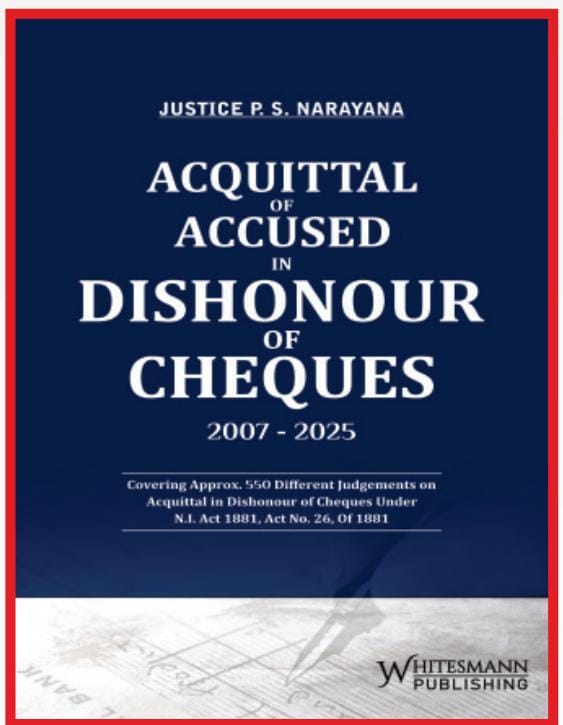

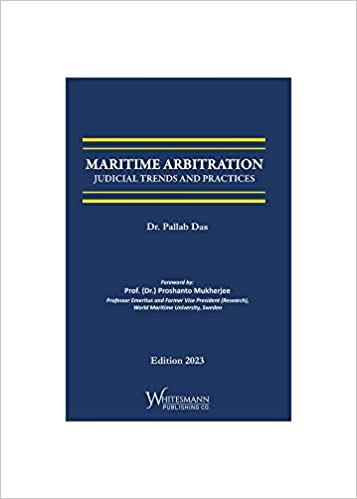

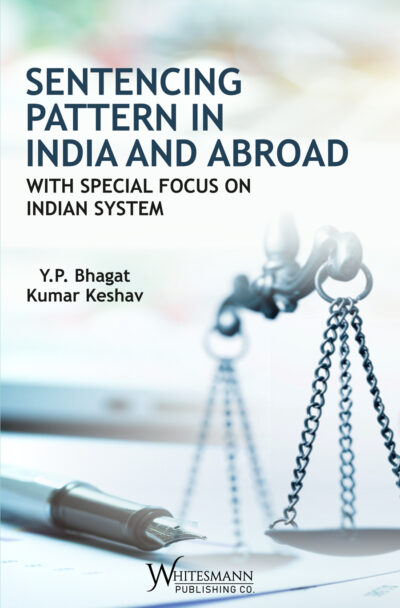


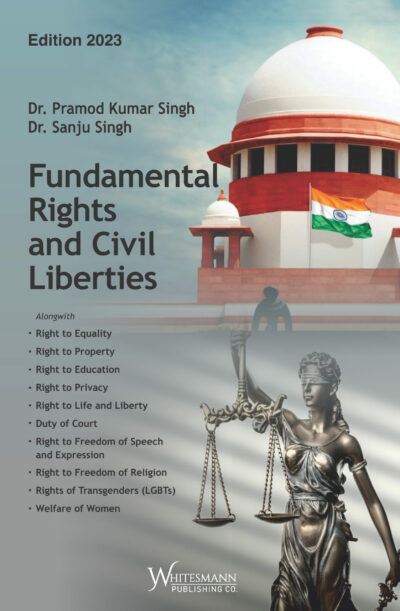
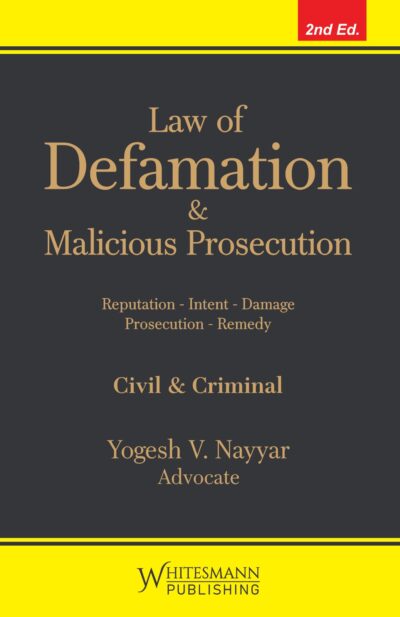
Adv PRASANTH S S –
Good